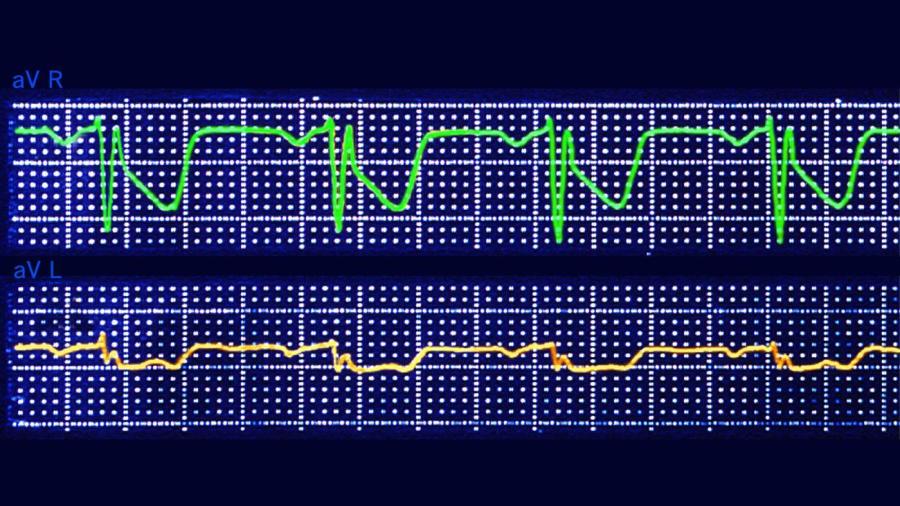What Is a Heart Lesion?

A heart lesion is any stress or trauma delivered to the interior walls of the heart, resulting in tissue damage. This damage causes inflammation, which signals the body’s immune response. These dangerous lesions are the forerunner of a disease known as atherosclerosis.
According to research at the National Institutes of Health, inflammation plays a key role in the development of plaque in the heart muscle. Inflammation causes monocytes, released during an immune response, to stick to the lesion. The accumulation of monocytes and other cells create a sticky plaque in the heart. As blood flows through the heart, substances such as fats, cholesterol and fibrin adhere to the plaque and cause the plaque to grow.
The growth of plaque causes arteries to narrow and harden. The resulting condition is atherosclerosis. Atherosclerosis limits the amount of blood that flows through the heart, which can lead to heart attack, stroke or other ailments. Atherosclerosis is also a major contributor to the death toll from cardiovascular disease, which claims over 600,000 lives every year, according to the Centers for Disease Control and Prevention. To minimize the risk of atherosclerosis, the CDC recommends smoking cessation, exercise and a diet low in cholesterol, salt and fat.





